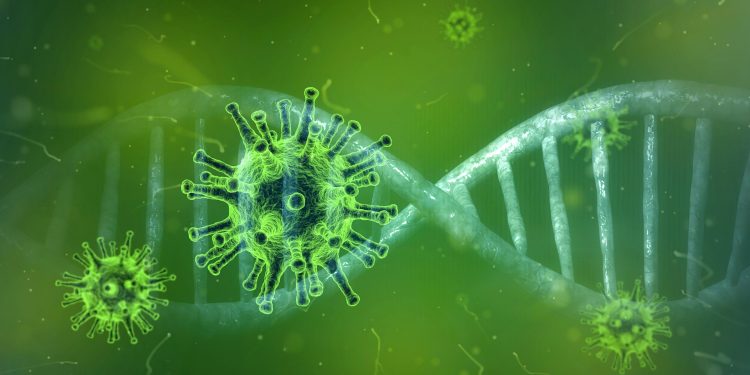Unless travel bans are only bans for some people. In communist China, elites are still going on vacation, they are still traveling for business, they are still going to foreign colleges. The novel coronavirus in Wuhan, China, now known as COVID-19, has infected tens of thousands and killing hundreds while spreading to at least 24 other countries. That led many governments, including the United States, to restrict travel to and from China.
Travel will be the biggest culprit. If people washed their hands in even the 10 largest airports more, disease transmission would plummet.

The effectiveness of travel bans, though, is unknown. Statistically it will delay an infectious disease but that would only be if it is a total ban, and that doesn't happen. A recent review analyzed thousands of published articles in an effort to identify those that directly addressed travel bans used to reduce the geographic impact of the Ebola virus, SARS (Severe Acute Respiratory Syndrome), MERS (Middle East Respiratory Syndrome) and the Zika virus. They did not include studies of influenza viruses.
No studies of actual travel bans to prevent disease spread meet rigorous standards for science
In the end, the researchers were able to identify just six studies that fit reasonable criteria and those were still only models or simulations, not data from actual bans after they were implemented.
"When assessing the need for, and validity of, a travel ban, given the limited evidence, it's important to ask if it is the least restrictive measure that still protects the public's health, and even if it is, we should be asking that question repeatedly, and often," said co-author Lauren Sauer, an assistant professor of emergency medicine at Johns Hopkins University's School of Medicine and director of operations with the university's Office of Critical Event Preparedness and Response.
Consequently, the authors write, additional research is "urgently needed" to inform policy decisions, especially in light of the tremendous social, economic and political impacts of their implementation.






Comments